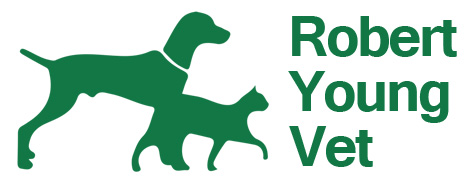Neutering
It is common practice in this country to control the sexual activity of domestic animals by neutering. One of the main reasons for this is to prevent unwanted pregnancies and thereby control the numbers of domestic animals.
Additionally neutering is used to alter the behaviour of animals, in general making it more socially acceptable and safer for the animals. Finally there are various veterinary reasons for neutering animals to control certain diseases.
Female Dogs
The practice recommends the neutering (spaying) of bitches both to remove the unwanted behaviour and discharge associated with oestrus (season) and to prevent any unwanted pregnancies. The neutering of bitches will totally prevent the condition known as pyometra which is a potentially fatal disease affecting the uterus of middle-aged bitches. Neutering bitches also prevents the condition known as phantom pregnancy which results in distressing behavioural changes for the bitch and the production of milk in the mammary tissues. Finally neutering of female dogs has been shown to substantially reduce the risk of mammary carcinoma later in life. The practice recommends the neutering of female dogs 2 to 4 months after the end of the first season. The first season normally happens between 6 to 9 months and therefore neutering is normally between 8 to 12 months. The procedure is carried out on a “day patient” basis ie your dog will be admitted to the surgery around 9am and discharged home in the late afternoon/early evening. Post-operative pain relief is supplied as a routine; the patient is checked over 2 days after the operation and skin sutures are removed 10 days after the operation by which time your pet will be back to normal.

